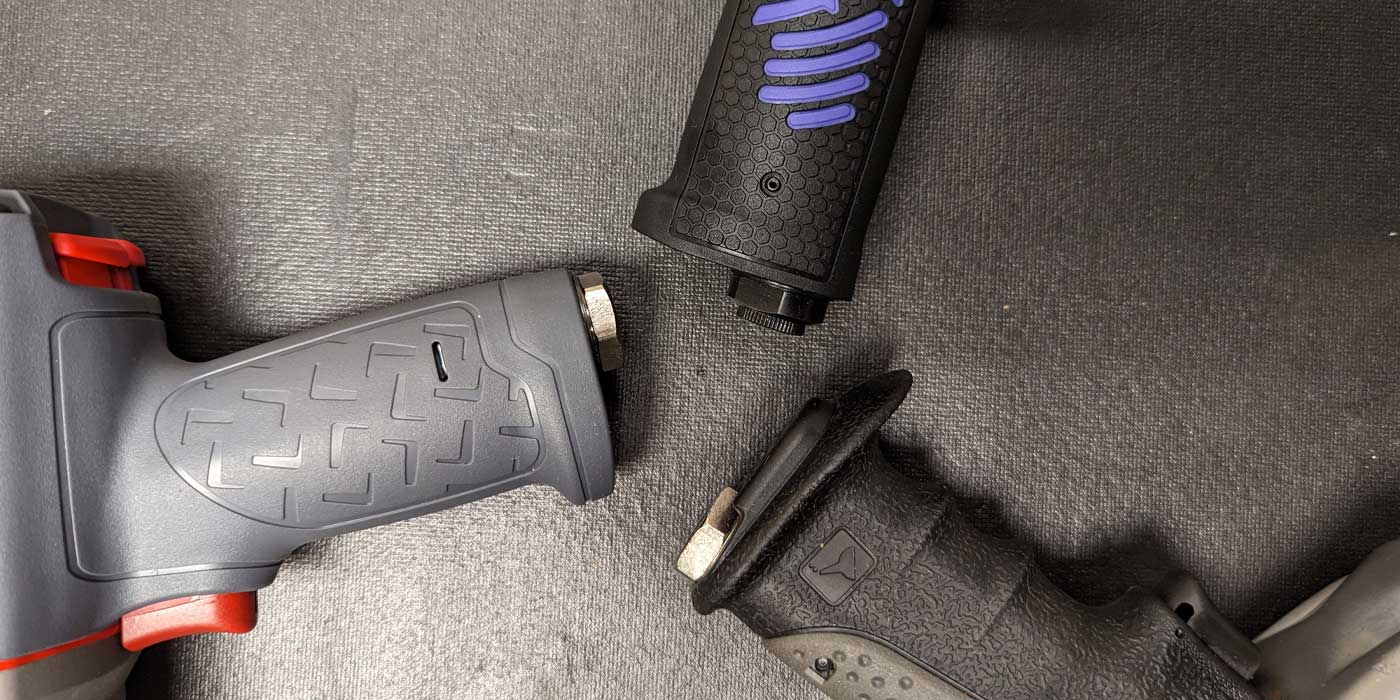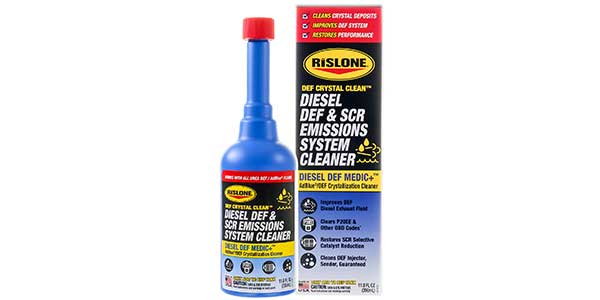Many dealers find themselves having to reconcile bulk fluid inventories on a regular basis due to them not knowing who has used their oil and what vehicle it was used in. Studies have shown that many dealers lose 10% or more of their bulk fluids due to improper fluids being dispensed, not invoiced correctly or simply overlooked. With oil prices continuing to rise and synthetics now costing as much as $15 per gallon, these losses add up quickly, making it easy to justify return on investment. Now is the time to ask, “How much am I willing to lose before I invest in a good fluid management system?”
A good fluid management system, sometimes called a FIC (fluid inventory control), eliminates problems by ensuring proper fluids are used, in proper amounts and invoiced correctly for the service being performed. When you are looking for a system, be sure to invest in one that has flexibility to adapt to various workflow processes, as some systems use a “canned” procedure that may not fit with your service needs.
Top 5 reasons to invest in fluid management:
1. Total Accountability
Fluid management systems are designed to dispense only the pre-authorized amount and type of fluid and then properly invoice the work performed while also relieving the fluid from inventory. This eliminates dispensing errors and leads to more productivity by the technicians.
With FIC systems, reports will clearly show why a dispense occurred, who did the dispense, what type of fluid was used and in what amount. This eliminates any confusion and makes all parties accountable for their actions.
2. Inventory Control
Technicians dispense an immense amount of bulk fluids as this is one of the most frequent tasks they perform. Tracking and managing these bulk fluids (oils, synthetics, ATF, coolant, WWF) can be a difficult task.
Once programmed, the fluid management system can track all dispenses and properly reorder these fluids when needed. In fact, some systems manage used oils and coolants, preventing tanks from overfilling and advising collection companies when it’s time to empty those tanks.
Properly tracking the bulk fluids dispensed and the timely reordering of replacement fluids will ensure that these fluids are available to perform necessary service when needed.
Today’s vehicles require exact fluid levels — down to the ounce is some cases. Good fluid management systems will dispense and invoice the exact amount and relieve the inventory in this same amount to make sure proper fluid levels are maintained.
3. Improved Efficiency
FIC systems allow technicians to perform the task of dispensing fluids more accurately and therefore doing this service even faster than doing it without fluid management. When the proper fluid is dispensed in the proper amount and invoiced properly, the opportunity to make a mistake is eliminated.
4. Cost Savings
Since all fluids are pre-authorized, tracked, recorded and invoiced automatically, technicians can spend their time being productive instead of wasting time doing manual operations. With the proper fluids being dispensed, there will be no errors caused by using improper fluids and being forced to do the service again. Since this service is often performed frequently, time is money…so let’s not waste it on operations that don’t result in profit.
5. Safety & Loss Prevention
Some FIC systems will help dealers conform with safety requirements implemented by many property insurance companies. This is achieved by controlling their bulk fluid tank pump’s air supply, so oil supply lines do not remain pressurized when not in use, especially after hours. Preventing an oil line rupture from pumping oil when a facility is unoccupied can save thousands in clean up and potential fines.
Tank overfill protection is a function included in some fluid management systems. Tank overfill protection prevents both new and used fluid tanks from overfilling; potentially causing a spill that can result in expensive clean-up costs or even fines. Overfill protection is required for all waste fluid tanks that are not visible by the operator filling the tank.
In summary, fluid management systems can regulate every ounce of bulk fluid in your dealership. They can be programmed to dispense only the correct fluid and authorized amount. This ensures that every vehicle receives the appropriate amount of fluid for more accurate billing. The FIC system will send email or SMS text notifications of fluid needs to be reordered or waste fluid to be hauled off. In addition, they can help prevent loss should a catastrophic event like a line break occur so additional fluids will not be pumped.














